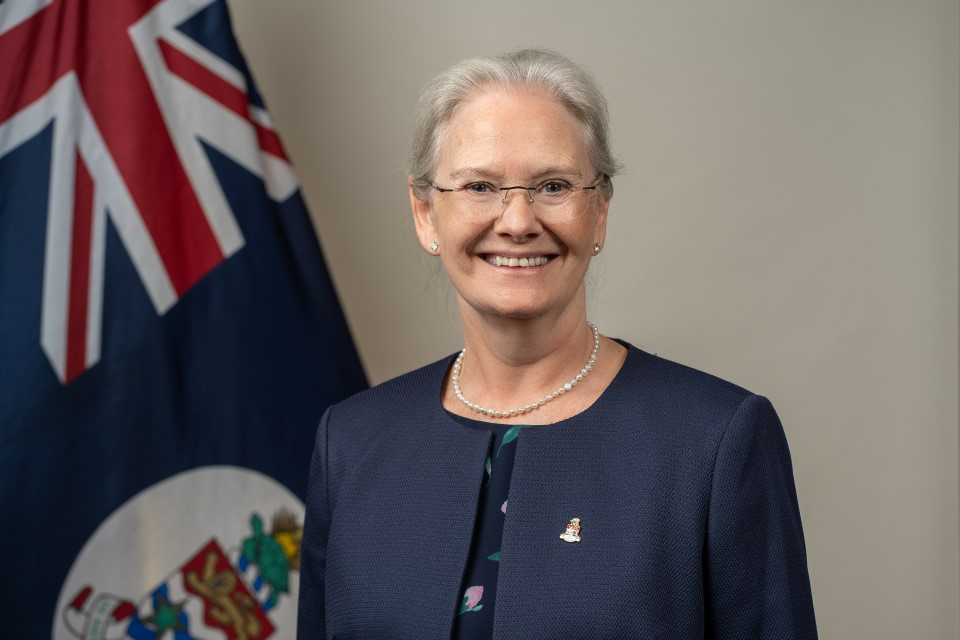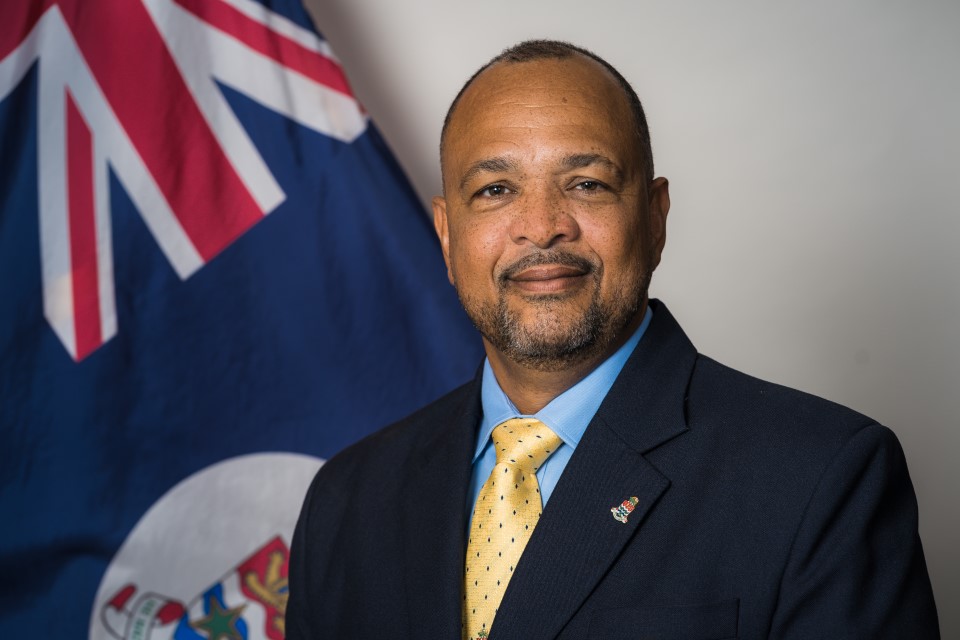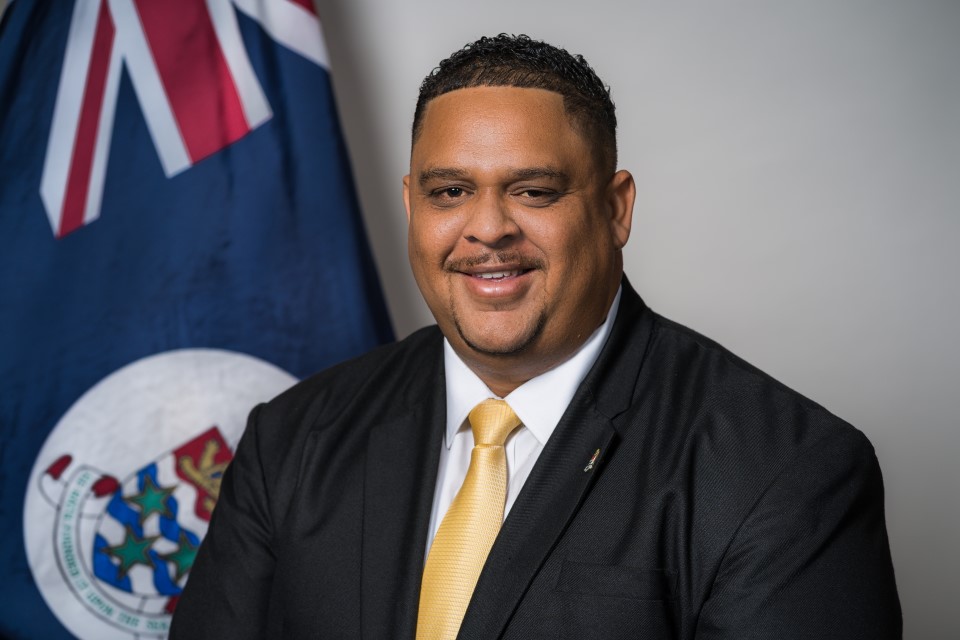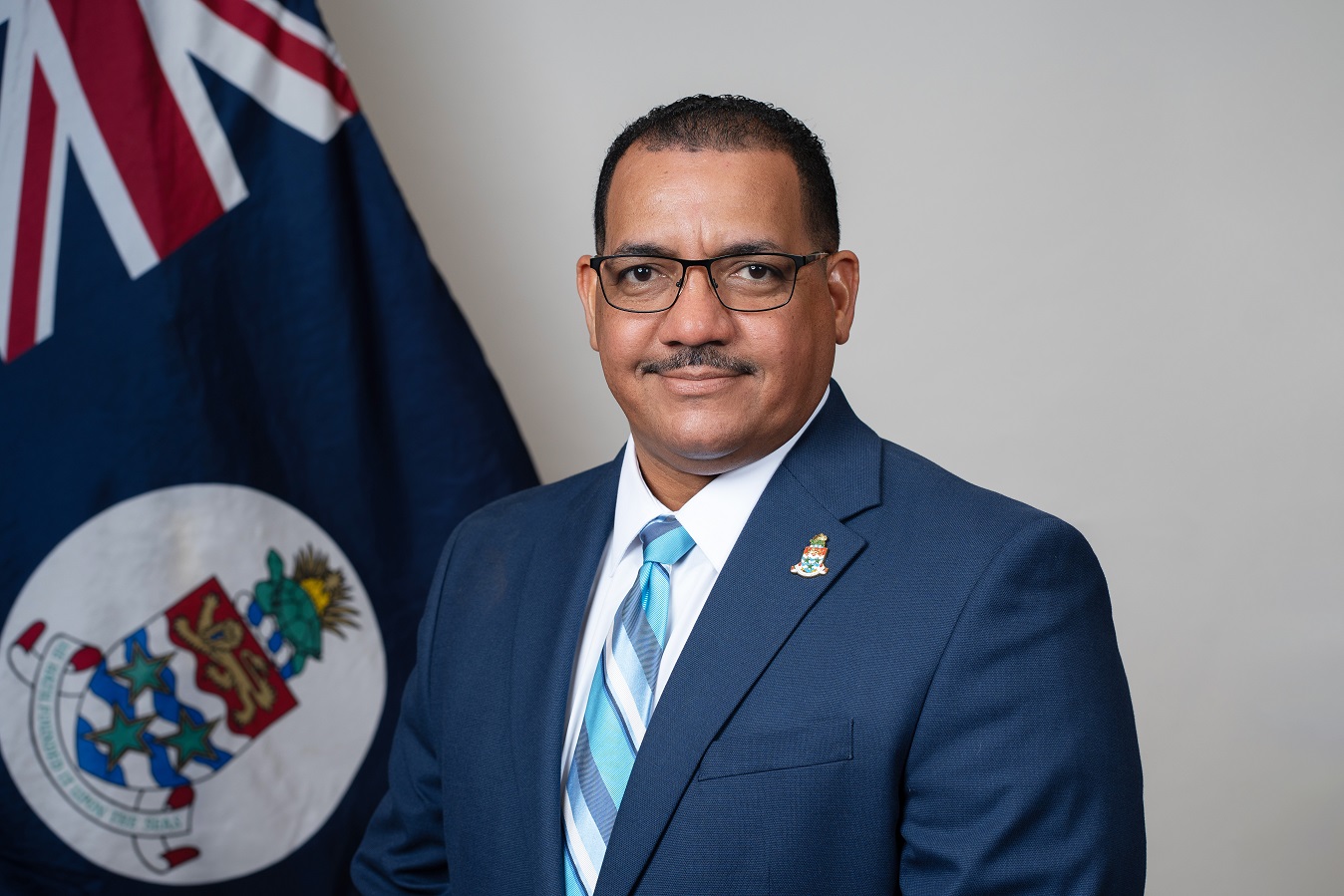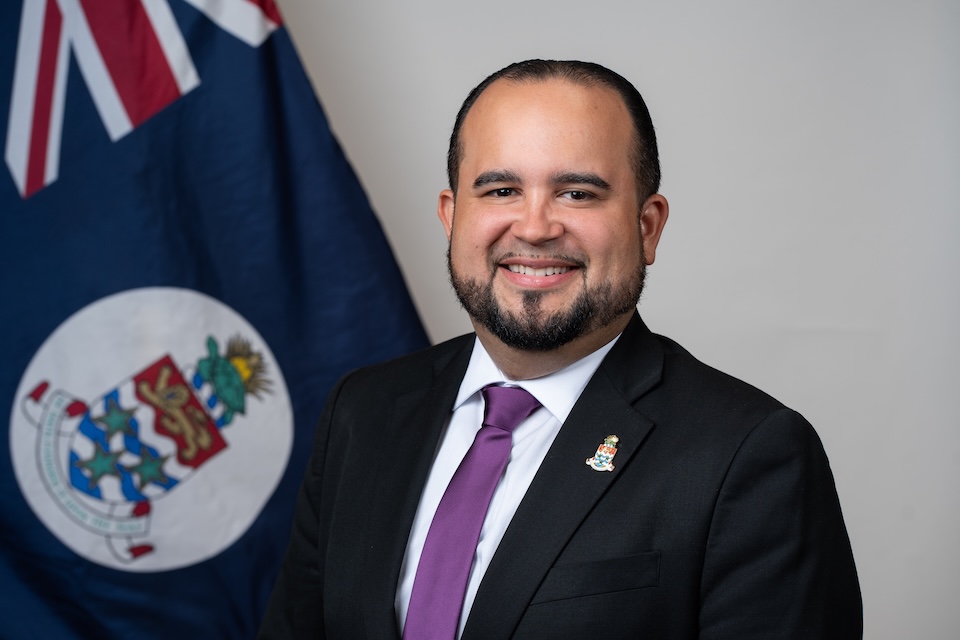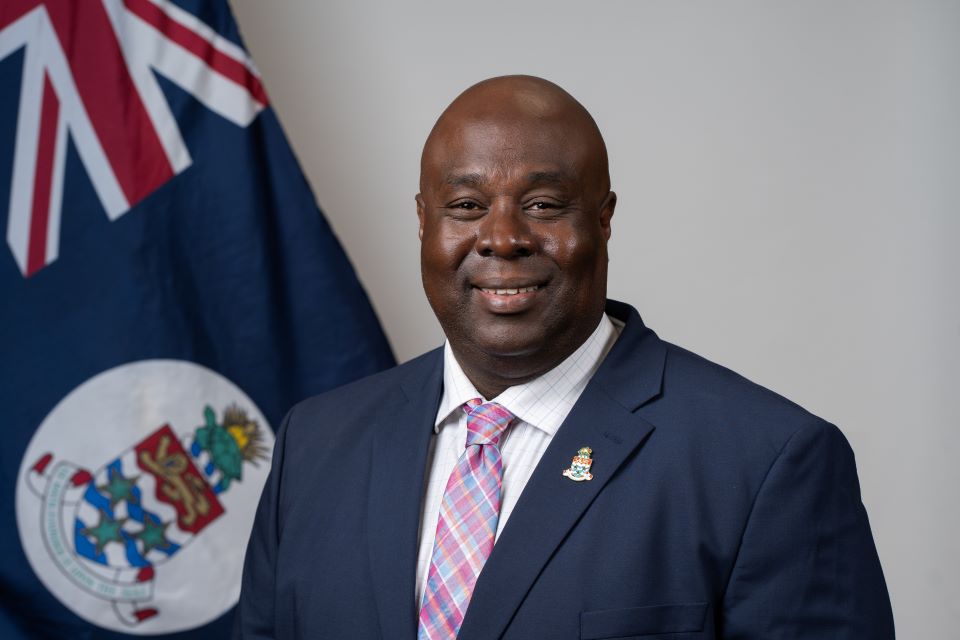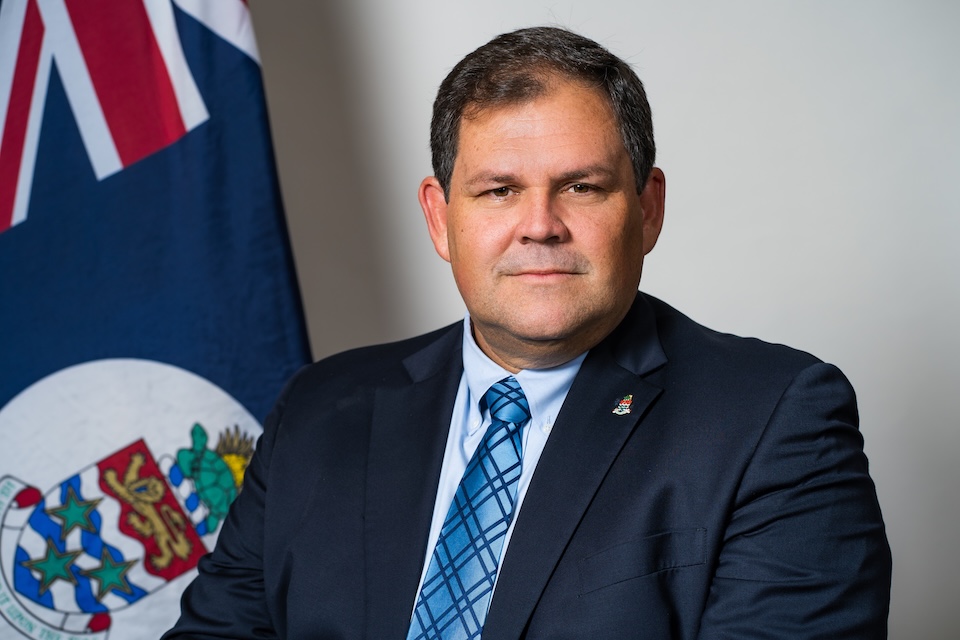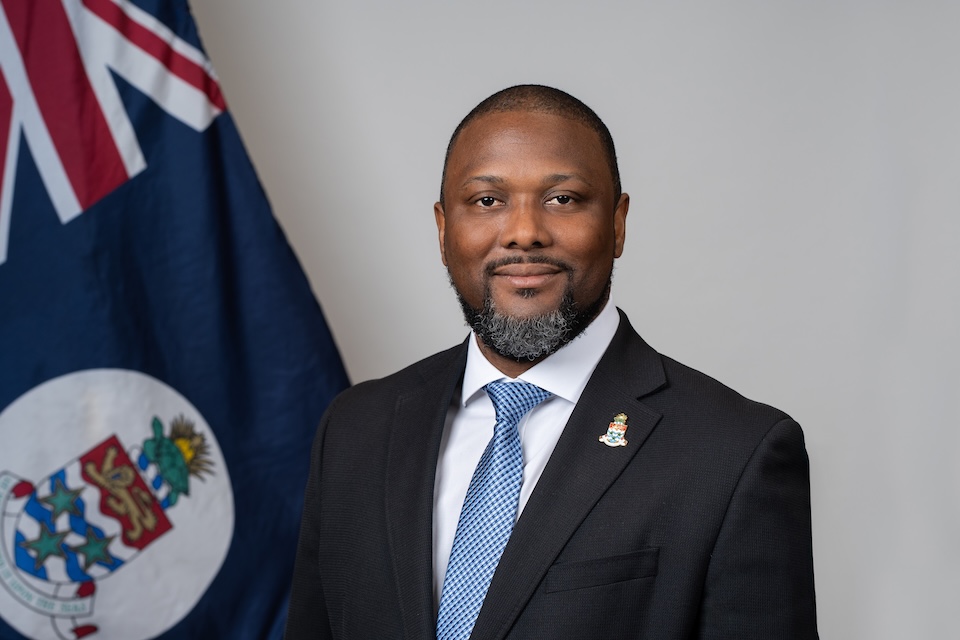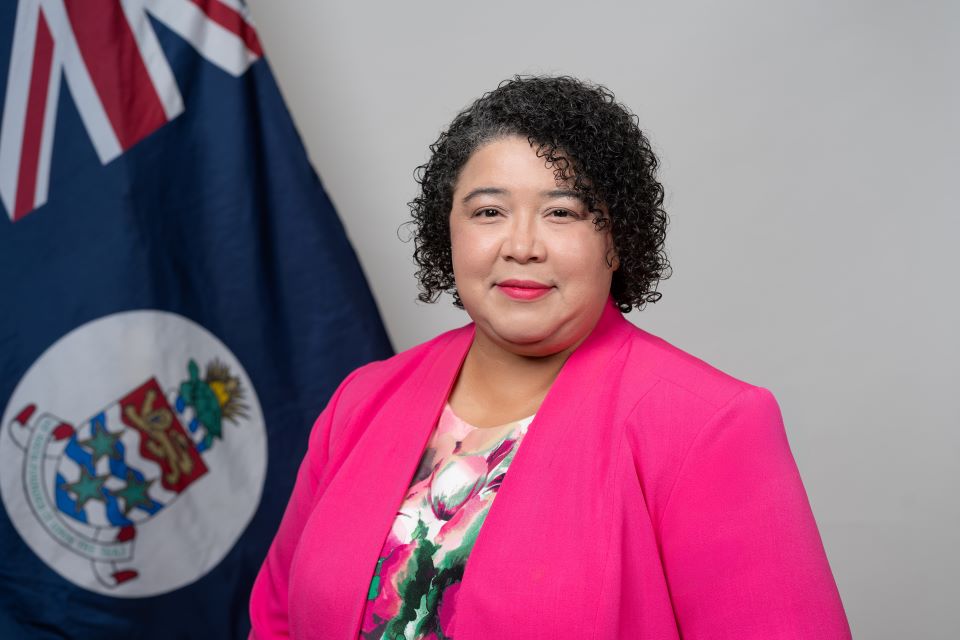The Cabinet - GOV.KY
The Composition of Cabinet
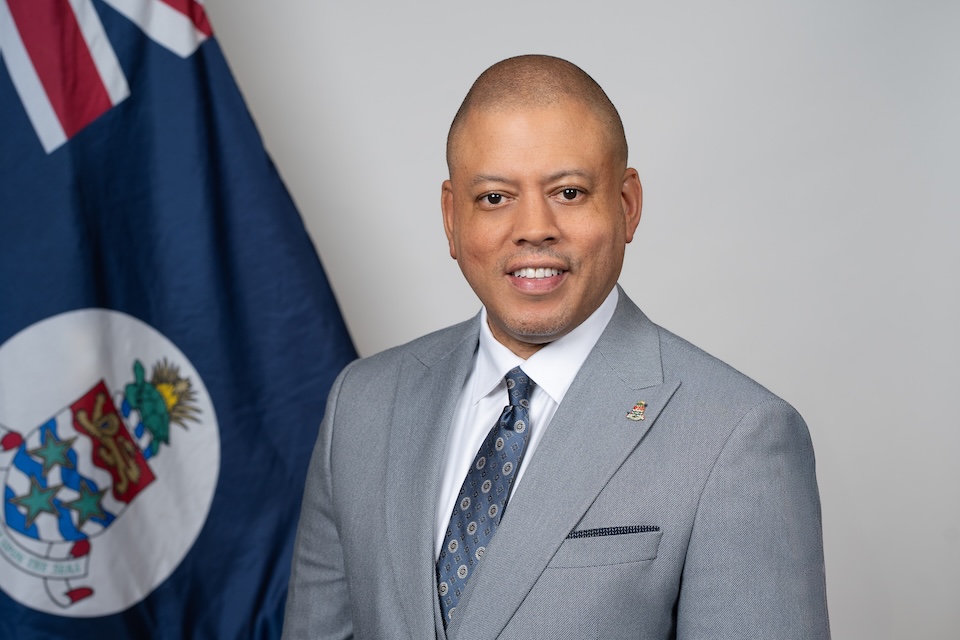
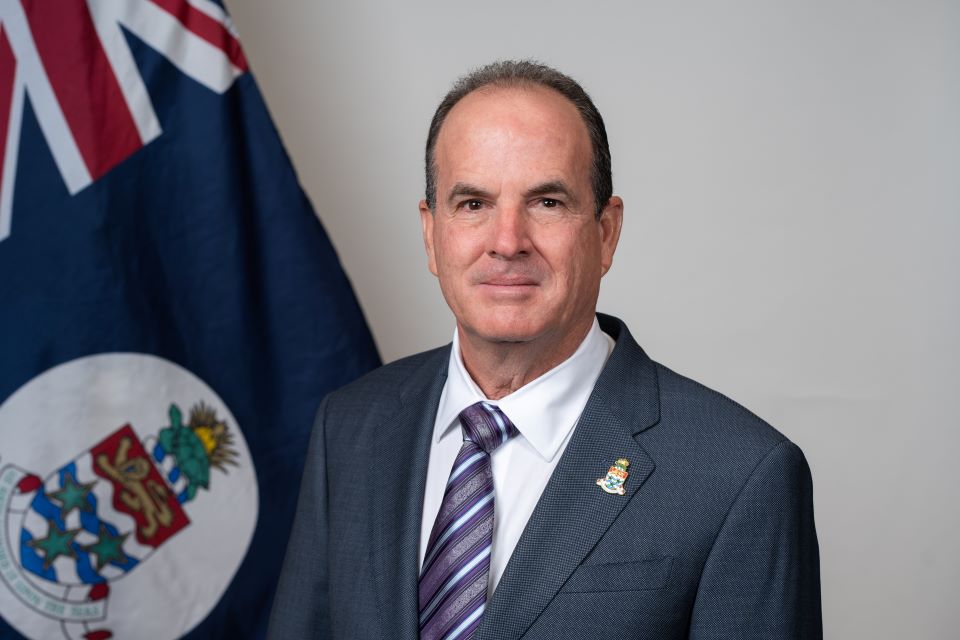
Ministers

Ms. Heather Bodden, OCI, Cert. Hon., JP, MP
Parliamentary Secretary responsible for Social Development; Education & Training; Tourism
Ex-Officio Members
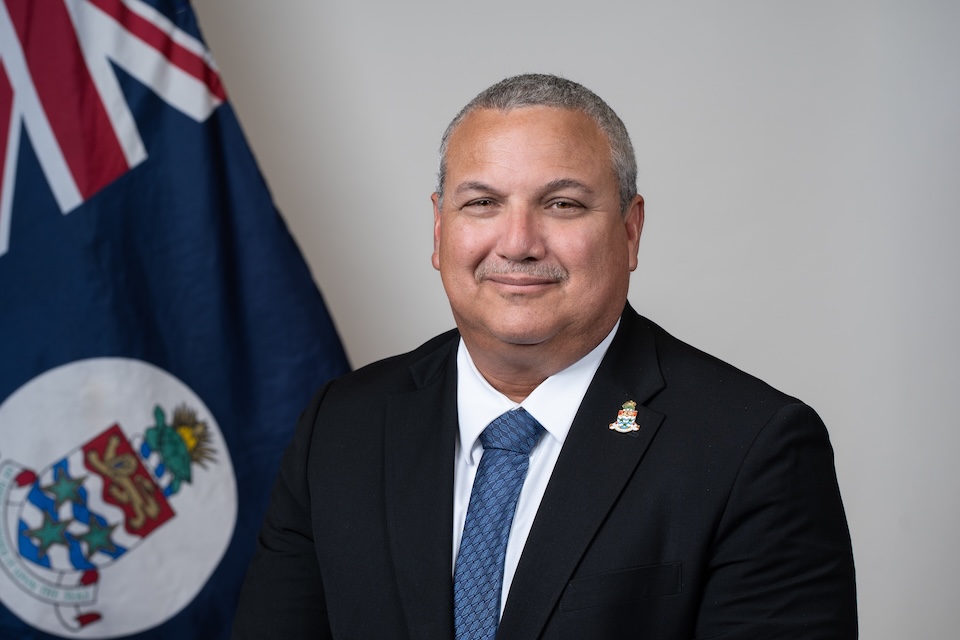
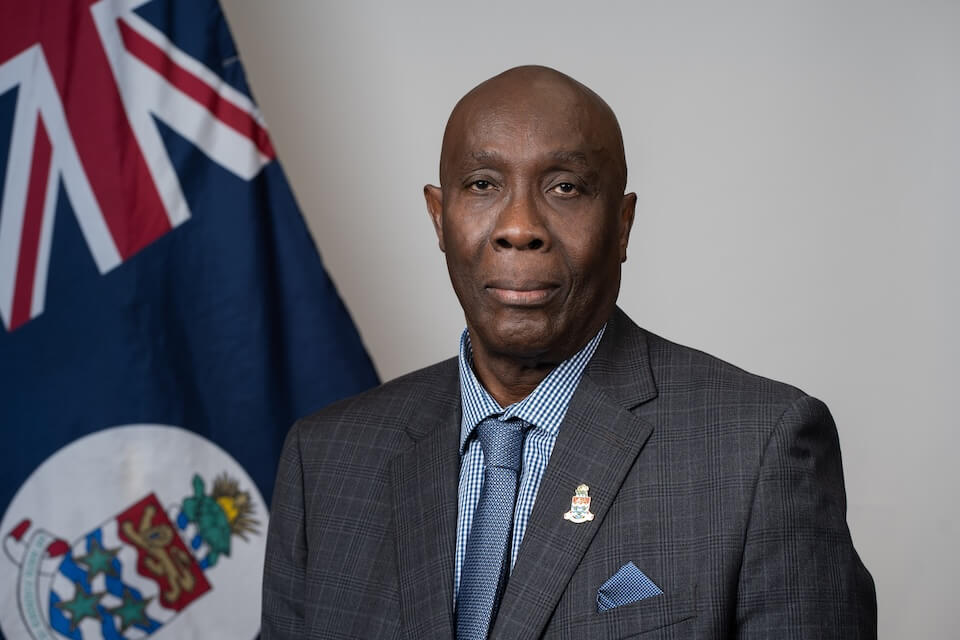
Cabinet Secretary
Clerk of Cabinet
Cabinet Manual
This Cabinet Manual seeks to set out the operational procedures, processes, guidelines and conventions that determine the operations of the Cabinet. It serves as a guide to Members of Cabinet, as well as the Civil Service. In the spirit of openness and transparency, this Manual is also being made available to the public.
Cabinet Manual
Cabinet Ministerial Code of Conduct
Cayman Islands Ministerial Code of Conduct
Cabinet Post Meeting Summaries
Cabinet Post Meeting Summary 11 February 2026
Cabinet Post Meeting Summary of the meeting held by the Cabinet on Wednesday, 11 February 2026 and published by the Cabinet Office on Friday, 20 February 2026.
Cabinet Post Meeting Summary 4 February 2026
Cabinet Post Meeting Summary of the meeting held by the Cabinet on Wednesday, 4 February 2026 and published by the Cabinet Office on Thursday, 12 February 2026.
Cabinet Post Meeting Summary 28 January 2026
Cabinet Post Meeting Summary of the meeting held by the Cabinet on Wednesday, 28 January 2026 and published by the Cabinet Office on Thursday, 5 February 2026.
Cabinet Post Meeting Summary 21 January 2026
Cabinet Post Meeting Summary of the meeting held by the Cabinet on Wednesday, 21 January 2026 and published by the Cabinet Office on Thursday, 29 January 2026.
Cabinet Post Meeting Summary 14 January 2026
Cabinet Post Meeting Summary of the meeting held by the Cabinet on Wednesday, 14 January 2026 and published by the Cabinet Office on Thursday, 22 January 2026.
Cabinet Post Meeting Summary 17 December 2025
Cabinet Post Meeting Summary of the meeting held by the Cabinet on Wednesday, 17 December 2025 and published by the Cabinet Office on Thursday, 15 January 2026.
Cabinet Post Meeting Summary 12 December 2025
Cabinet Post Meeting Summary of the meeting held by the Cabinet on Friday, 12 December 2025 and published by the Cabinet Office on Thursday, 18 December 2025.
Cabinet Post Meeting Summary 3 December 2025
Cabinet Post Meeting Summary of the meeting held by the Cabinet on Wednesday, 3 December 2025 and published by the Cabinet Office on Monday, 15 December 2025.
Cabinet Post Meeting Summary 21 November 2025
Cabinet Post Meeting Summary of the meeting held by the Cabinet on Friday, 21 November, 2025 and published by the Cabinet Office on Thursday, 4 December 2025.
Cabinet Post Meeting Summary 13 November 2025
Cabinet Post Meeting Summary of the meeting held by the Cabinet on Thursday, 13 November, 2025 and published by the Cabinet Office on Friday, 21 November 2025.
Notes:
-
Post meeting summaries will be published by the Cabinet Office following confirmation of the Minutes.
-
Only a summary of the decisions will be published.
-
Cabinet discussions will not be disclosed.
-
Summaries of decisions of a sensitive nature, matters of national security, those where publication breaches regional or international conventions and those relating to personal privacy will not be disclosed.
-
Post meeting summaries will be available on gov.ky and Cayman Islands Government’s digital channels.
About the Cabinet
The Cabinet is composed of the Premier, seven other Ministers, one of whom is the Deputy Premier, and two non-voting ex-officio members. This Cabinet is responsible for formulating and directing the implementation of policy related to every aspect of government, with the exception of the Governor’s special responsibilities.
The Governor appoints the Premier on the recommendation of the elected members of the majority party in the Parliament or following the result of a vote held among the elected members of the Parliament. The Governor also appoints the remaining seven Ministers in accordance with the advice of the Premier.
The ex-officio members are the Deputy Governor and the Attorney General. The Governor appoints the Deputy Governor in accordance with His Majesty's instructions and the Attorney General on the advice of the Judicial and Legal Services Commission.
Under the principle of collective responsibility, all Ministers are obliged to support, in the Parliament, any measures approved by the Cabinet.
Appointed under Section 54 (A) of the amended Cayman Islands Constitution, Parliamentary Secretaries are elected Members of Parliament and they provide assistance to Cabinet Ministers.
The Cabinet Secretary, Mr. Samuel Rose, Cert. Hon., JP, has the charge of the Cabinet Office. He provides advice to the Cabinet on matters of policy and coordinates the development and implementation of policy between departments and ministerial portfolios and across the wider Government sector. The Cabinet Office also provides a range of administrative and secretarial support for the Cabinet and the Premier in order to allow high-quality and effective government.
Departments, sections and units carry out the business of government. In addition, a number of statutory boards and authorities are set up for specific purposes such as the Port Authority, the Civil Aviation Authority, the Immigration Boards, the Water Authority, the University College Board of Governors, the National Pensions Board, and the Health Insurance Commission.
Last updated: 20 October 2025



